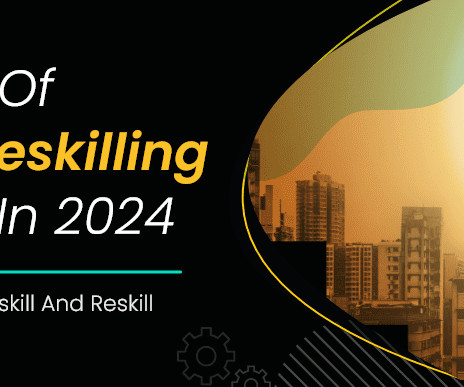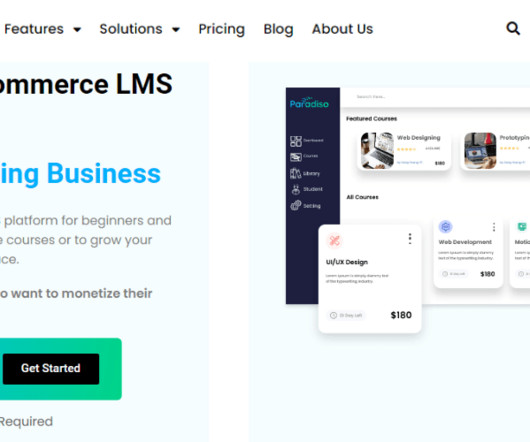How to Excel with an Effective Internal Talent Mobility Strategy
hrQ
MARCH 6, 2024
Continuous education and skills tracking ensure workforce development aligns with organizational goals. A focus on competencies rather than job titles enhances the customization and efficiency of development programs, improving internal mobility outcomes.

























Let's personalize your content